
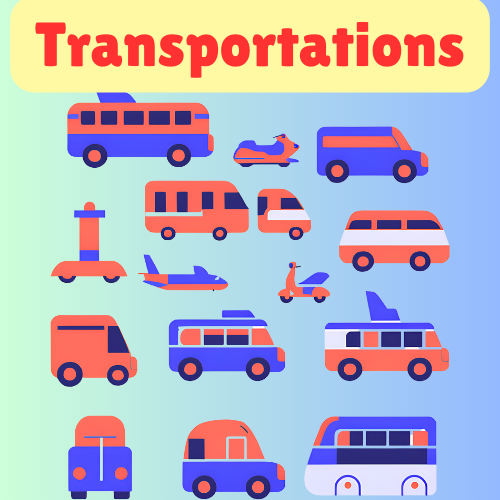
In this lesson, you will learn about different modes of transportation in English. Transportation refers to the methods or vehicles used to travel from one place to another. Understanding transportation vocabulary is essential for everyday communication, travel, and improving your English skills.
Introduction to Modes of Transportation:
Transportation is an integral part of daily life, enabling people to move from one place to another. In this lesson, you will learn the names and correct pronunciation of various transportation methods in English. This will help you talk about travel plans, give directions, and understand common travel-related conversations.
Common Modes of Transportation:
Car: A vehicle with four wheels that carries people on roads. Example: She drives a car to work.
Bus: A large vehicle that carries many passengers along a fixed route. Example: We took the bus to school.
Train: A series of connected vehicles that run on tracks and transport people or goods. Example: He travels to the city by train.
Bicycle: A two-wheeled vehicle that a person rides by pedaling. Example: They ride their bicycles in the park.
Airplane: A powered flying vehicle with wings. Example: I am flying to New York on an airplane.
Boat: A small vessel for traveling on water. Example: They went fishing on a boat.
Motorcycle: A two-wheeled motor vehicle. Example: He enjoys riding his motorcycle on weekends.
Taxi: A car that carries passengers for a fare. Example: She called a taxi to go to the airport.
Subway: An underground train system in a city. Example: He takes the subway to work every day.
Tram: A vehicle that runs on tracks and is usually powered by electricity, commonly found in cities. Example: We toured the city on a tram.
Usage of Transportation Vocabulary in Everyday Situations:
Traveling: I prefer to travel by train. She took a bus to the museum.
Giving Directions: Take the subway to the next station. You can catch a taxi at the corner.
Discussing Preferences: I like riding my bicycle. He enjoys flying in airplanes.
Planning Trips: We are taking a boat trip next weekend. They are going to rent a car for their vacation.
In this lesson, you will learn about different modes of transportation in English.
Transportation refers to the methods or vehicles used to travel from one place to another.
Understanding transportation vocabulary is essential for everyday communication, travel, and improving your English skills.
Introduction to Modes of Transportation: Transportation is an integral part of daily life, enabling people to move from one place to another.
In this lesson, you will learn the names and correct pronunciation of various transportation methods in English.
This will help you talk about travel plans, give directions, and understand common travel-related conversations.
Common Modes of Transportation: Car: A vehicle with four wheels that carries people on roads.
Example: She drives a car to work.
Bus: A large vehicle that carries many passengers along a fixed route.
Example: We took the bus to school.
Train: A series of connected vehicles that run on tracks and transport people or goods.
Example: He travels to the city by train.
Bicycle: A two-wheeled vehicle that a person rides by pedaling.
Example: They ride their bicycles in the park.
Airplane: A powered flying vehicle with wings.
Example: I am flying to New York on an airplane.
Boat: A small vessel for traveling on water.
Example: They went fishing on a boat.
Motorcycle: A two-wheeled motor vehicle.
Example: He enjoys riding his motorcycle on weekends.
Taxi: A car that carries passengers for a fare.
Example: She called a taxi to go to the airport.
Subway: An underground train system in a city.
Example: He takes the subway to work every day.
Tram: A vehicle that runs on tracks and is usually powered by electricity, commonly found in cities.
Example: We toured the city on a tram.
Usage of Transportation Vocabulary in Everyday Situations: Traveling: I prefer to travel by train.
She took a bus to the museum.
Giving Directions: Take the subway to the next station.
You can catch a taxi at the corner.
Discussing Preferences: I like riding my bicycle.
He enjoys flying in airplanes.
Planning Trips: We are taking a boat trip next weekend.
They are going to rent a car for their vacation.
|
|

CarCar |
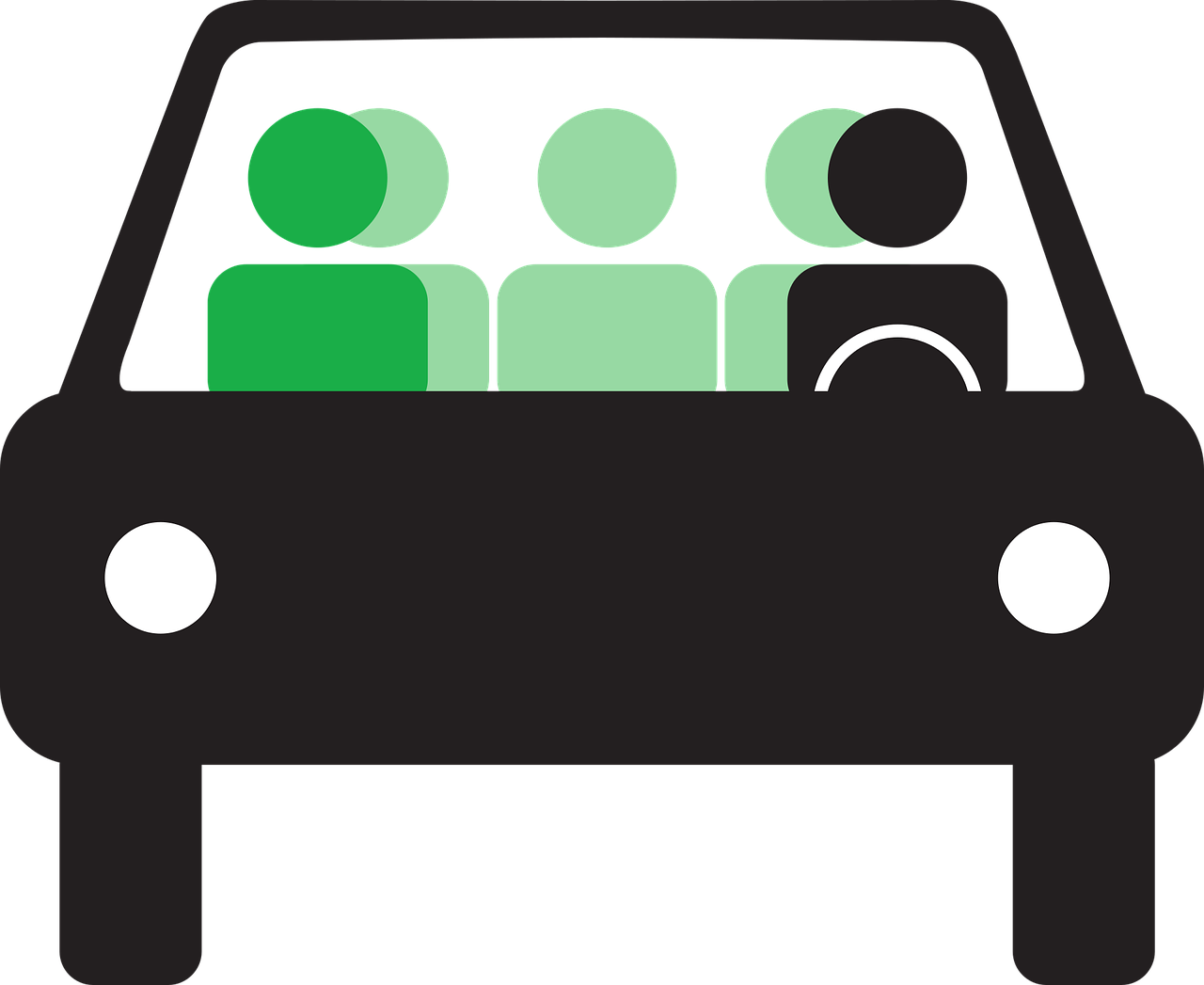
They drive a car.They drive a car. |
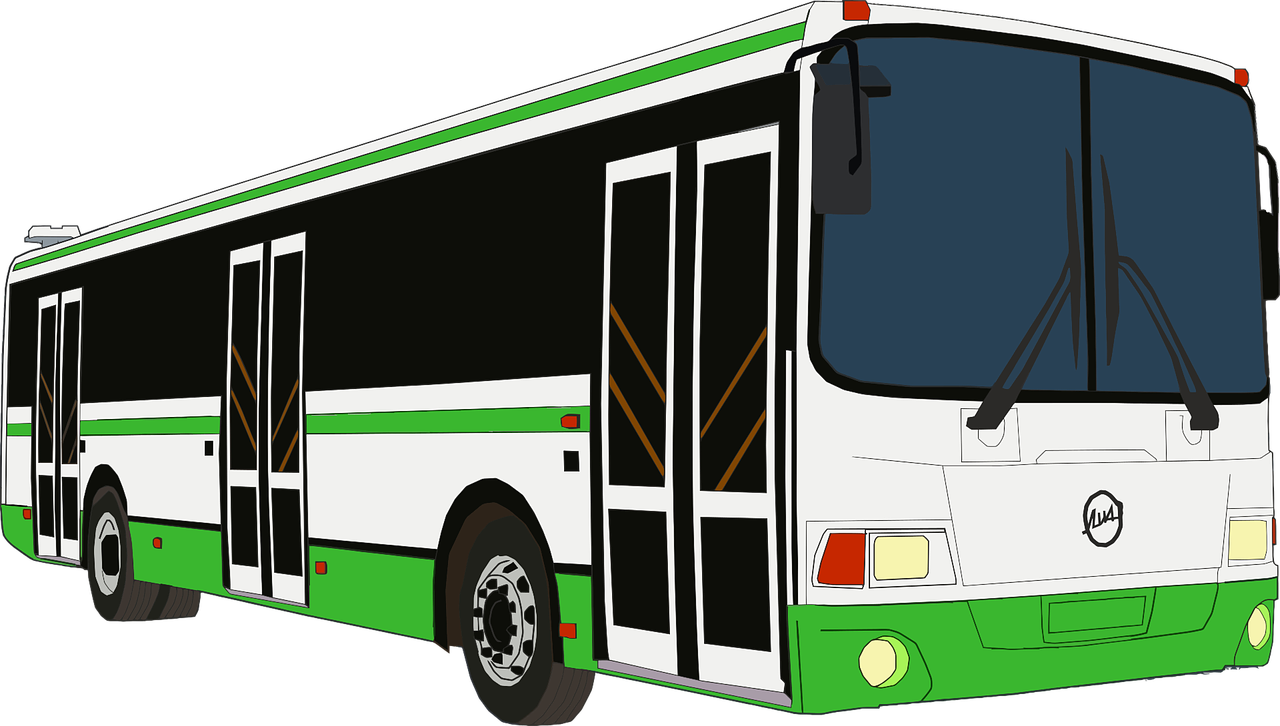
BusBus |
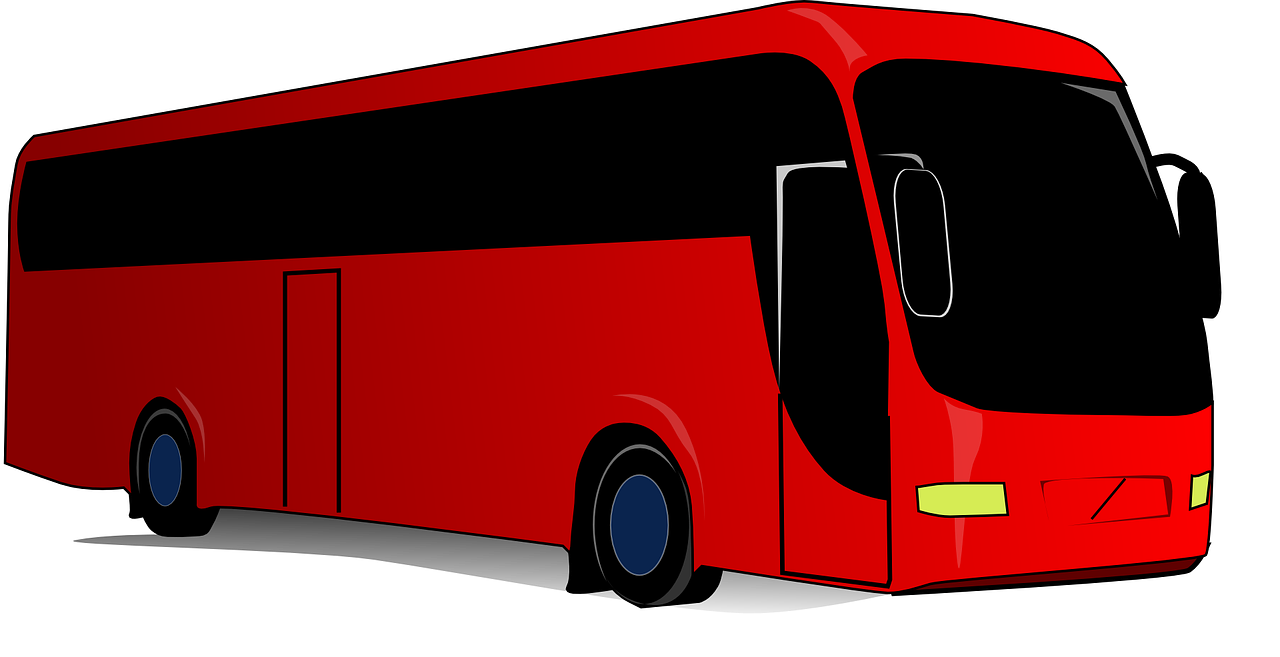
We take the bus to work.We take the bus to work. |
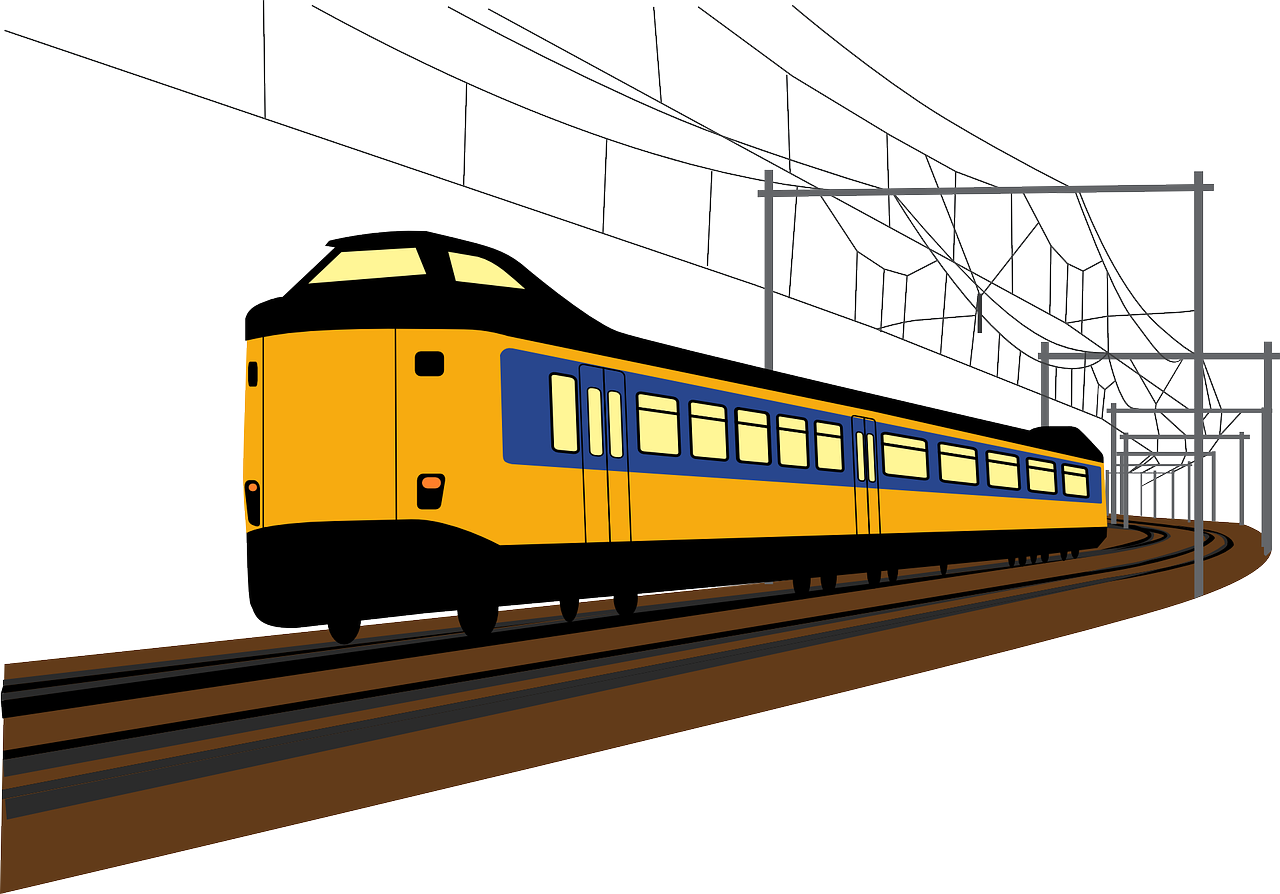
TrainTrain |

He travels by train.He travels by train. |
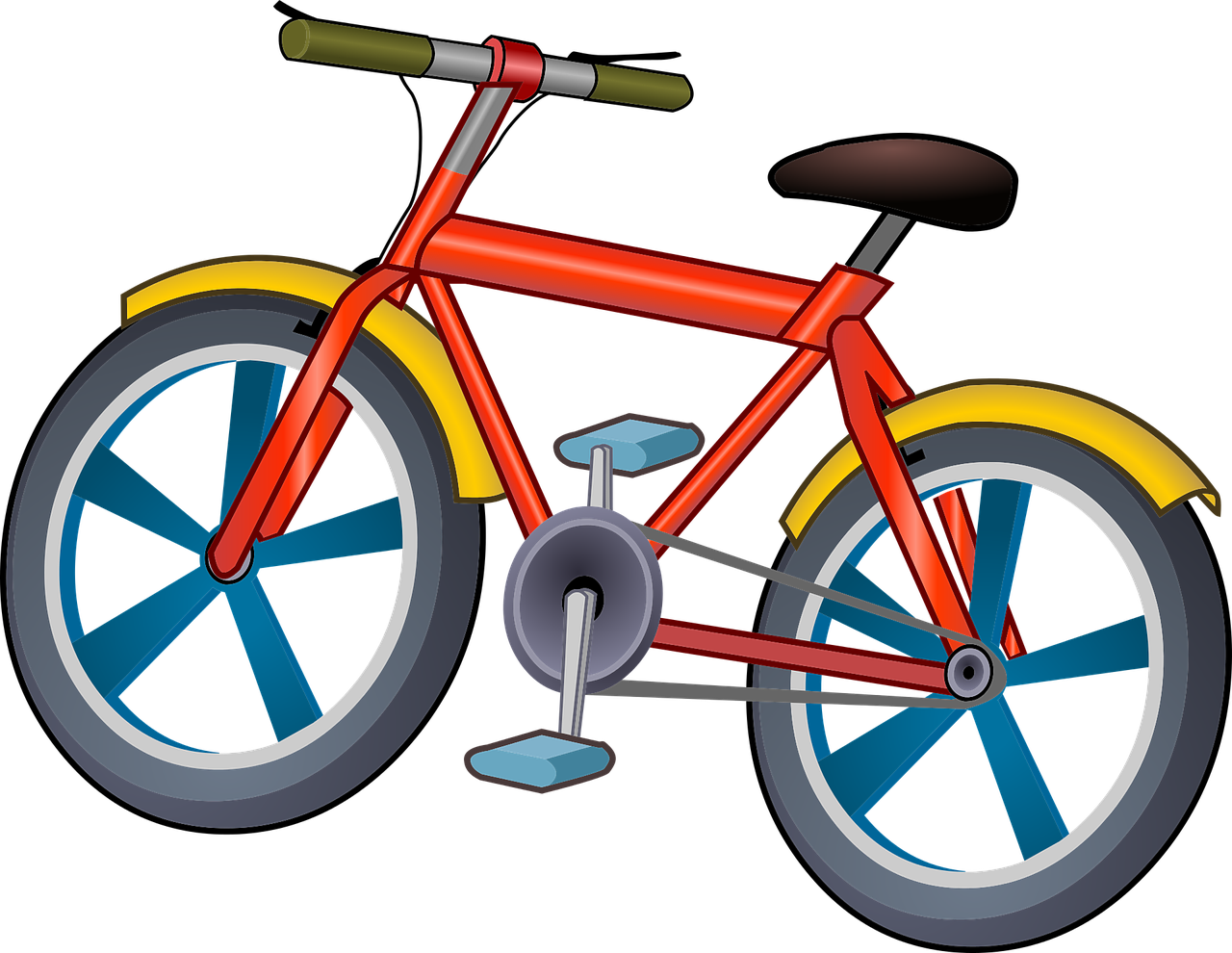
BicycleBicycle |
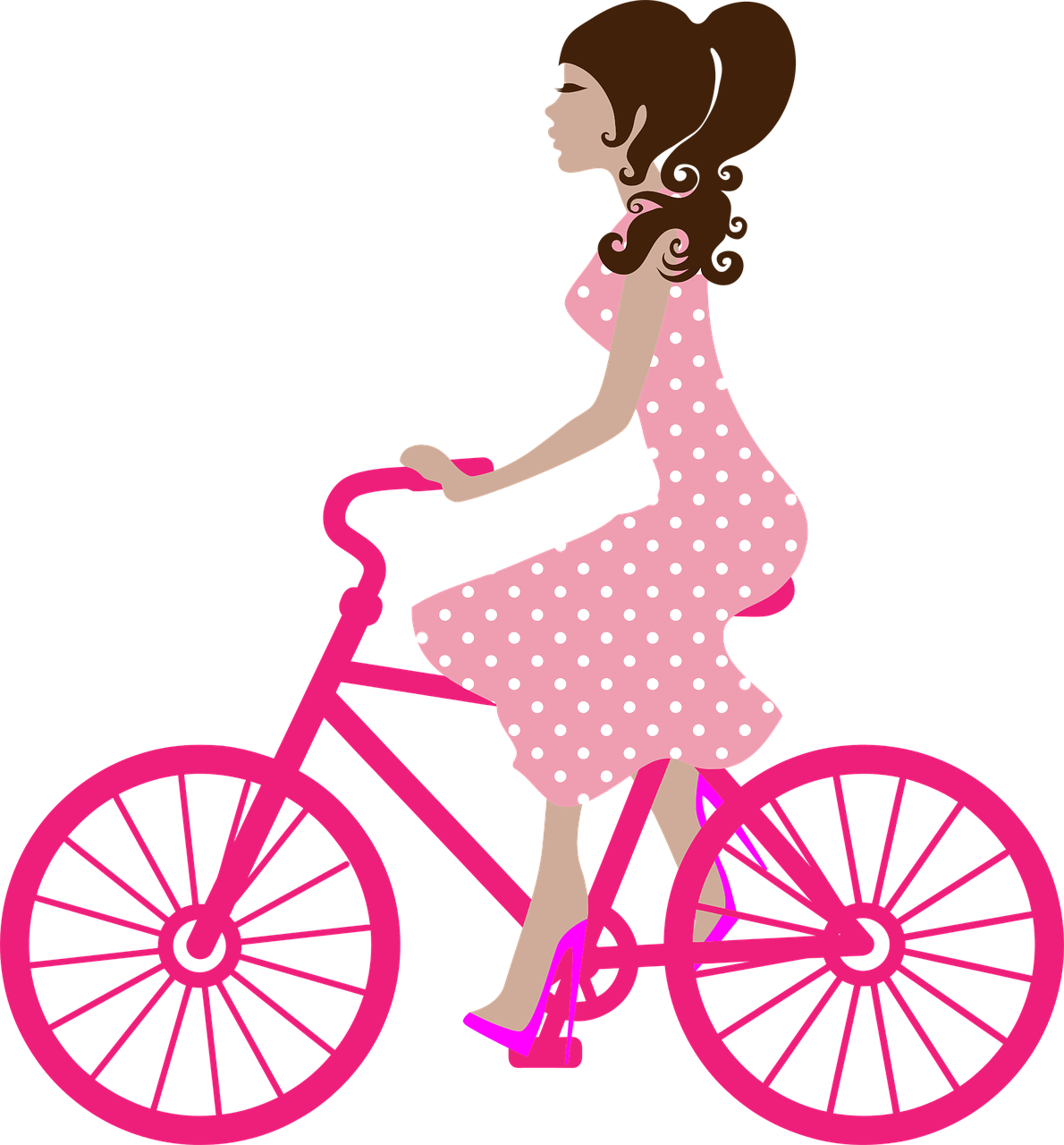
She rides her bicycle to school.She rides her bicycle to school. |
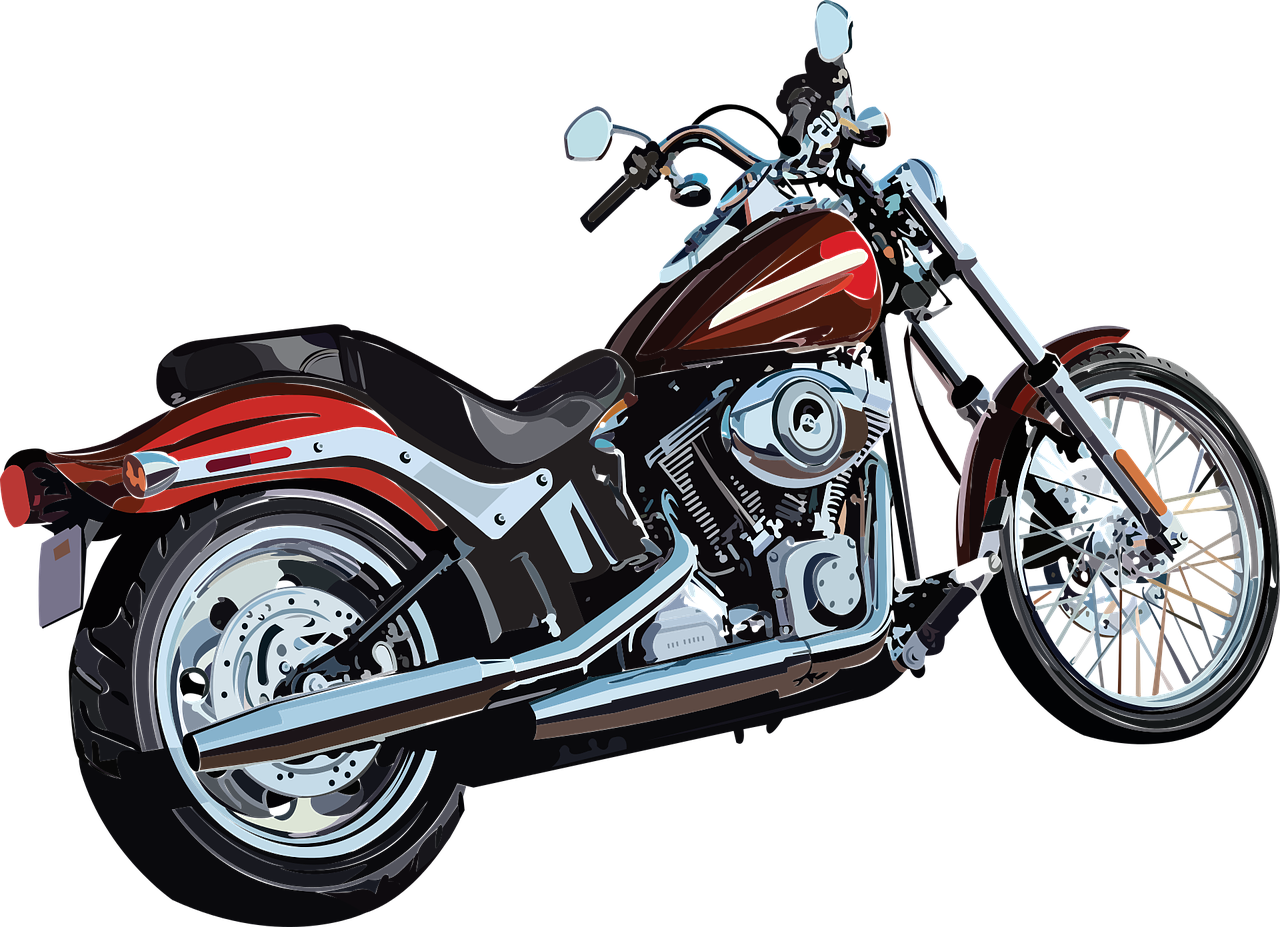
MotorcycleMotorcycle |

They ride a motorcycle on weekends.They ride a motorcycle on weekends. |
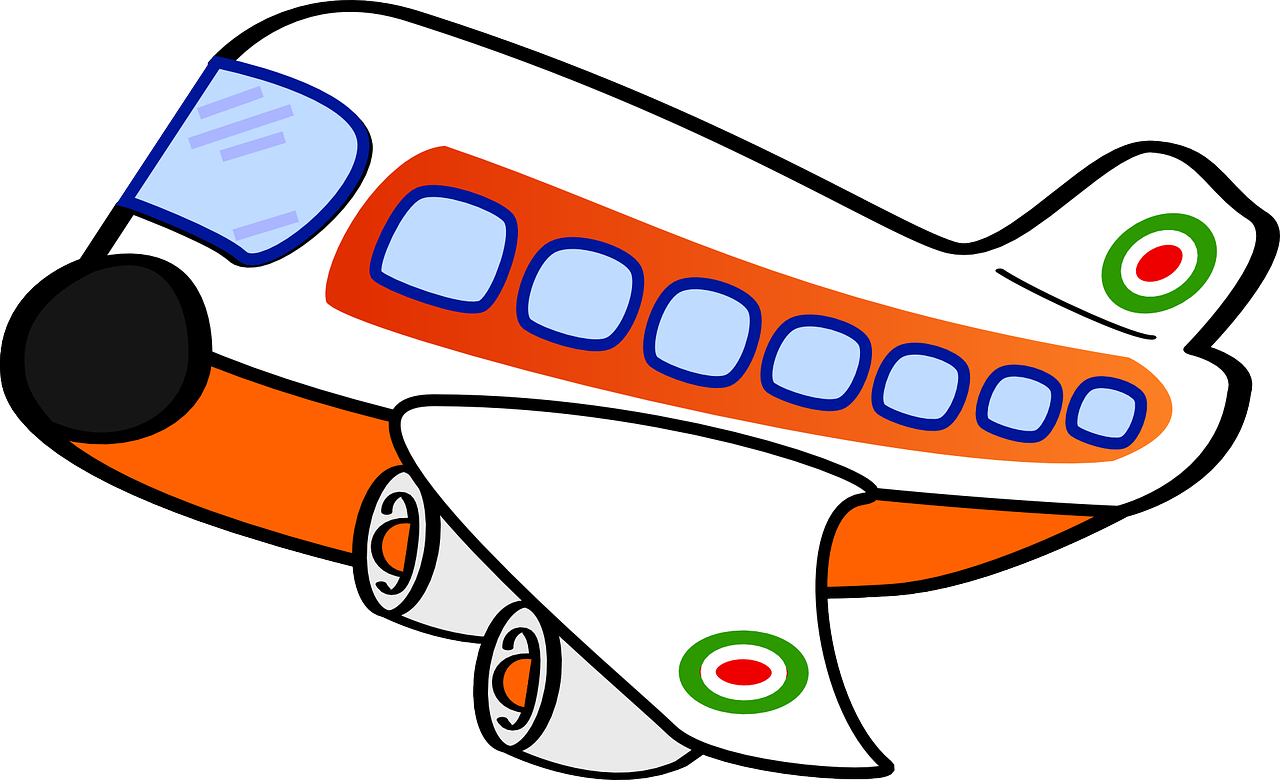
AirplaneAirplane |
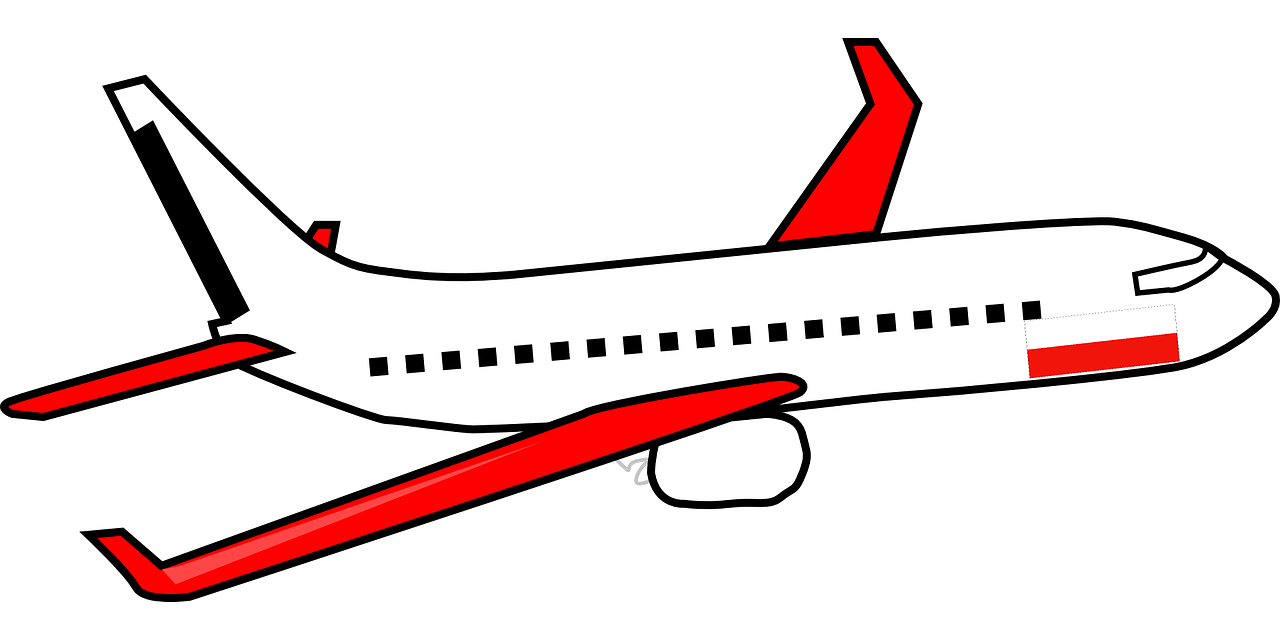
We fly on an airplane for vacations.We fly on an airplane for vacations. |
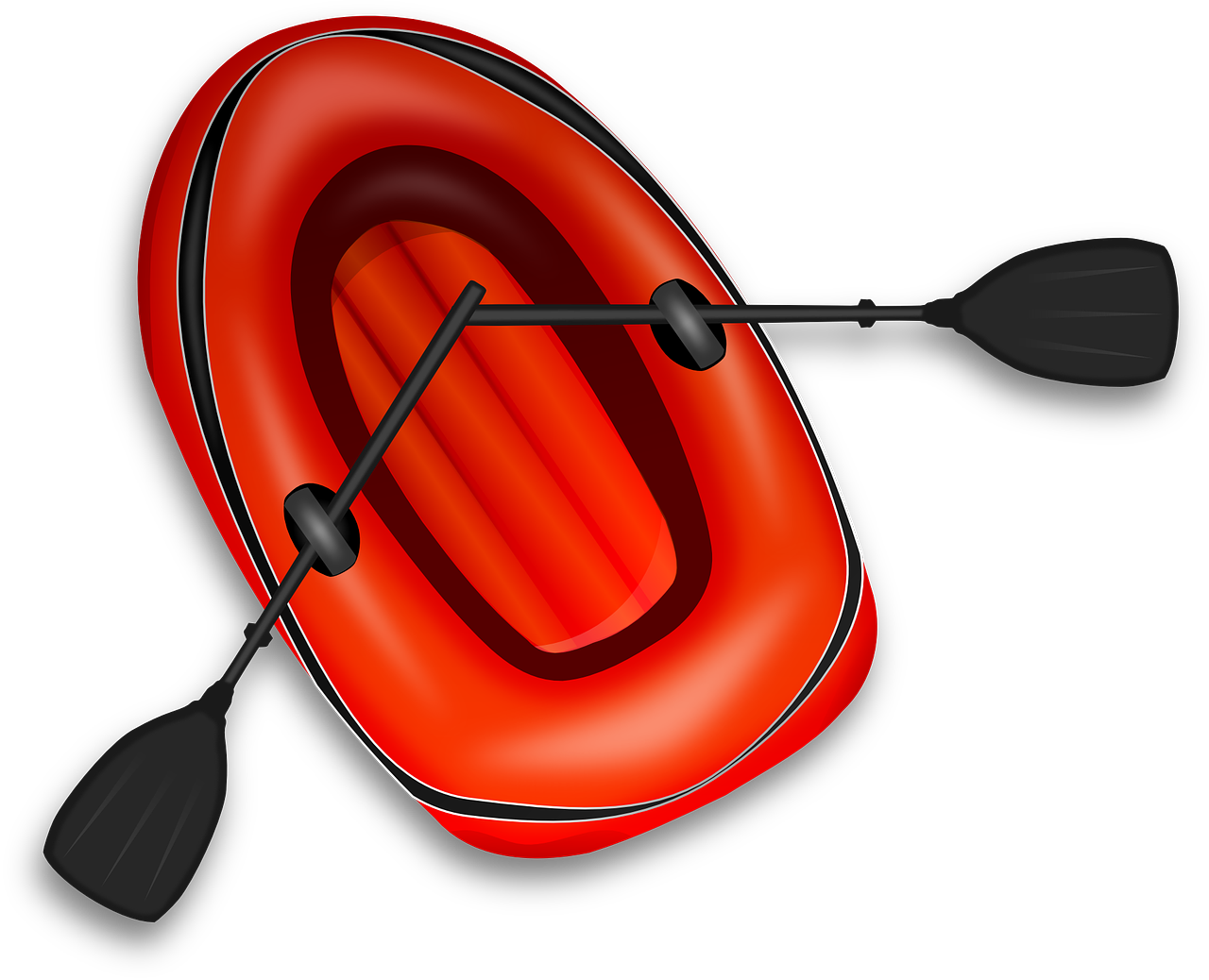
BoatBoat |

They sail on a boat.They sail on a boat. |
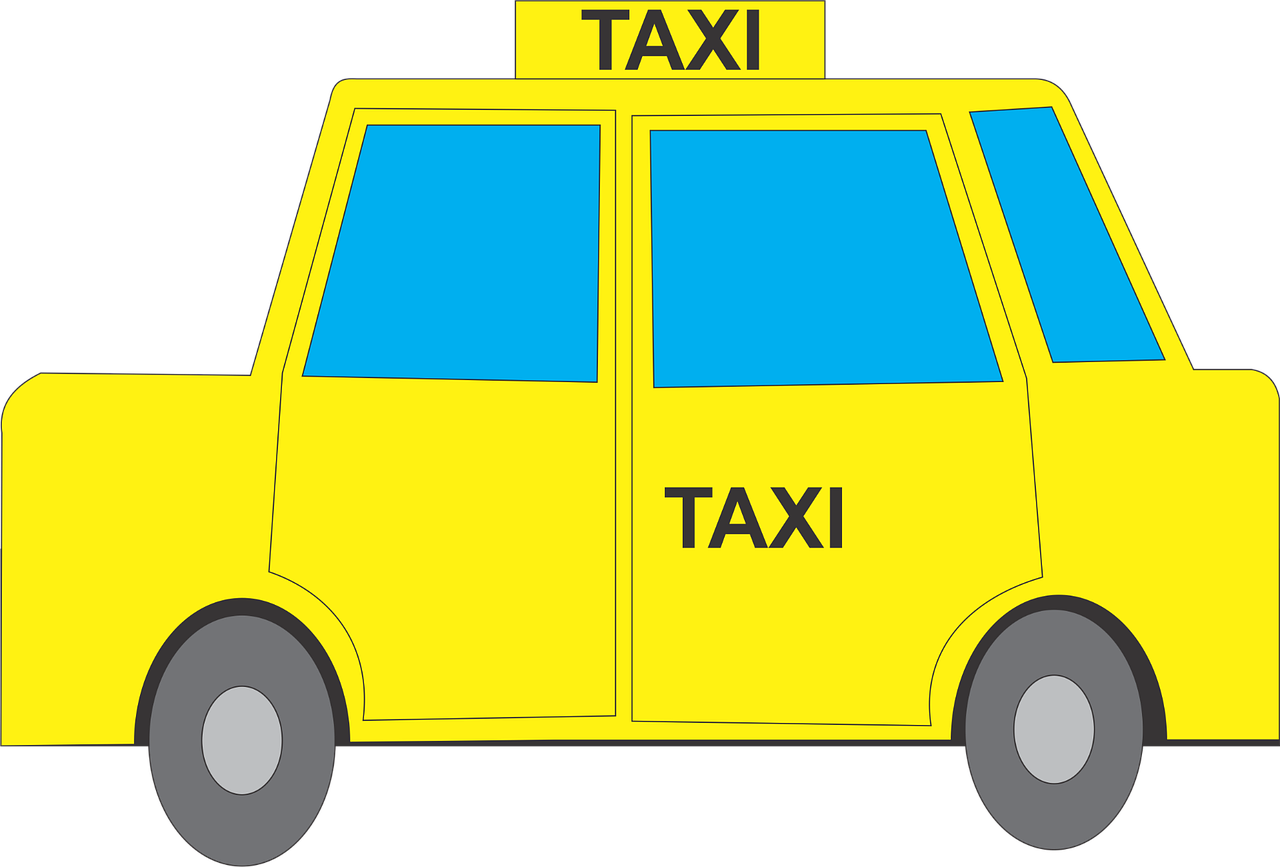
TaxiTaxi |
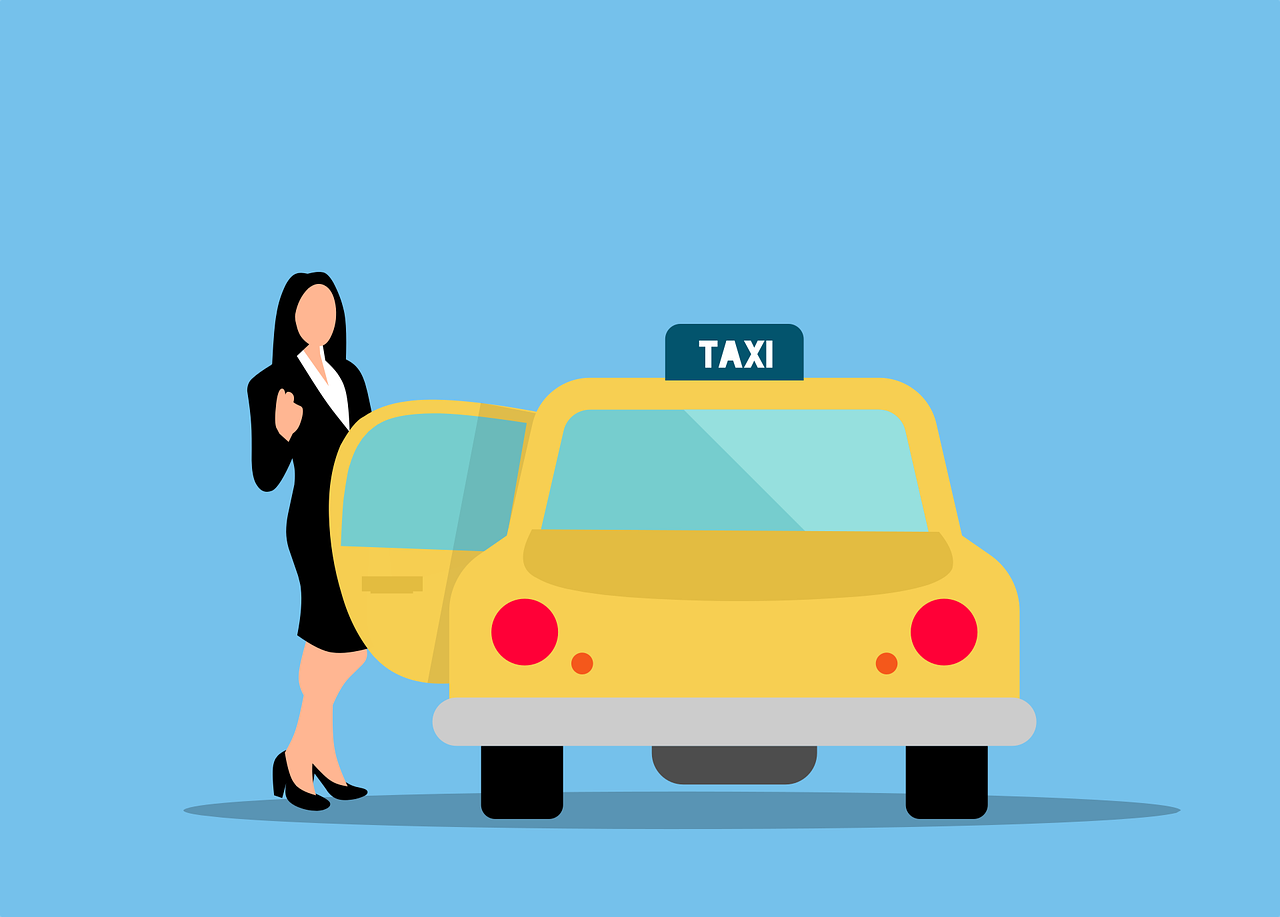
She takes a taxi to the airport.She takes a taxi to the airport. |
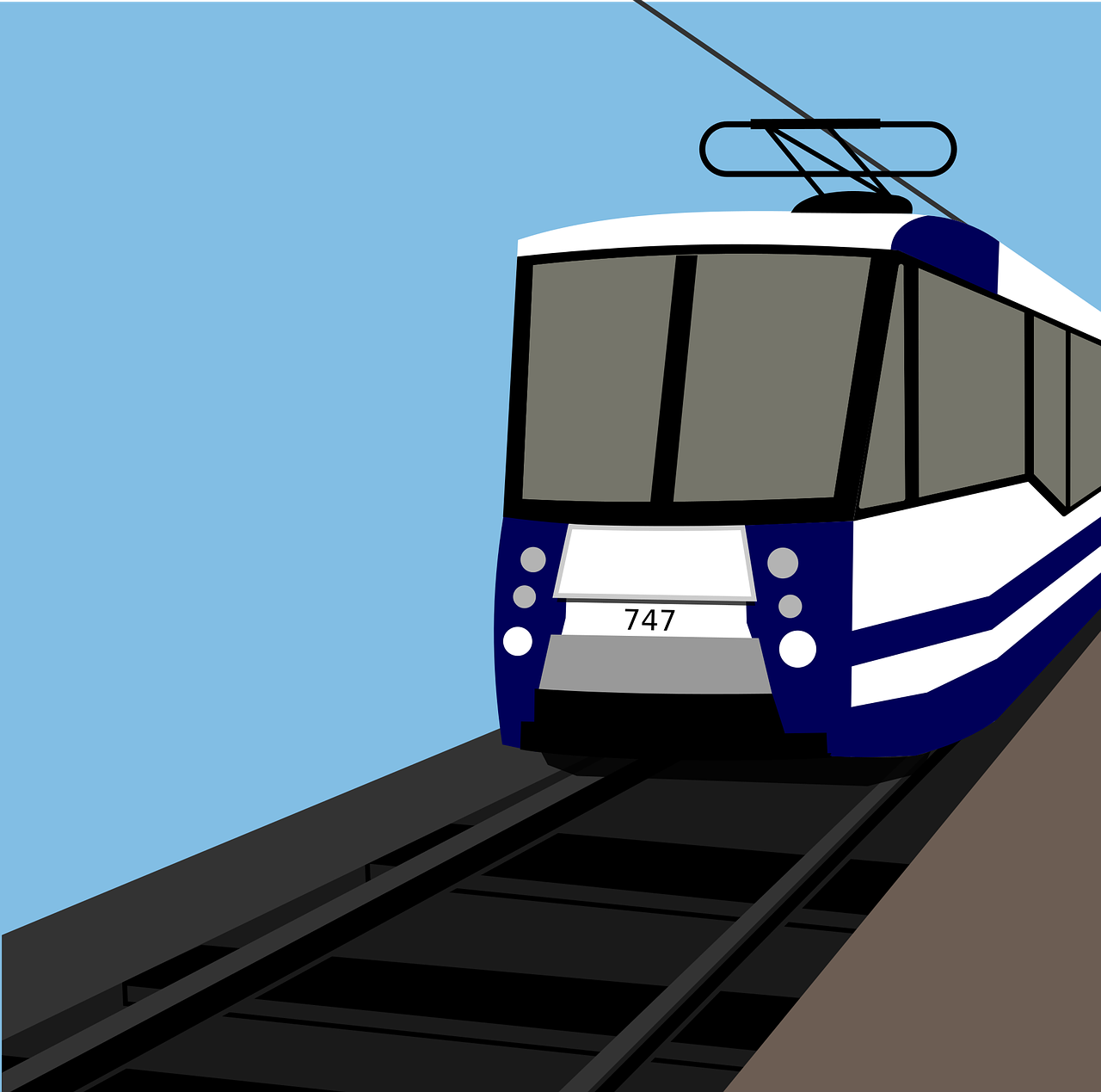
SubwaySubway |

He commutes by subway.He commutes by subway. |
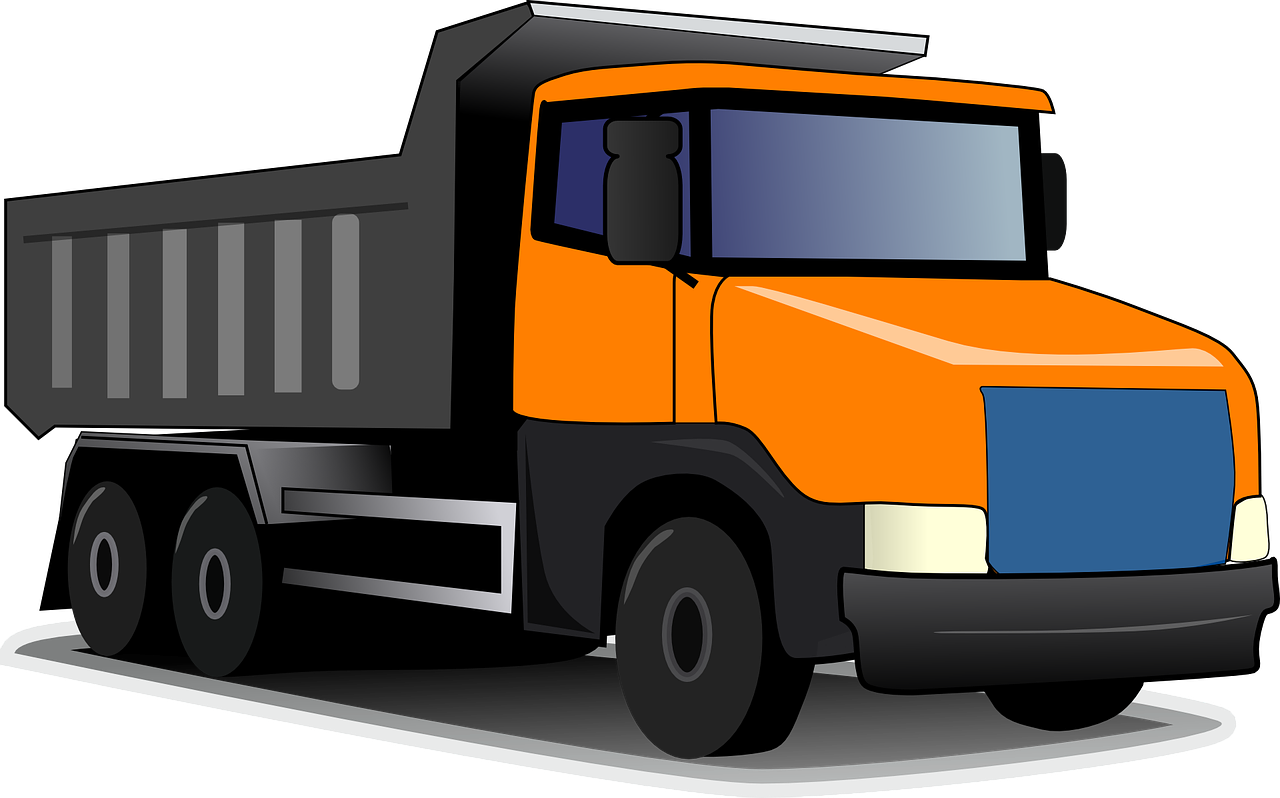
TruckTruck |
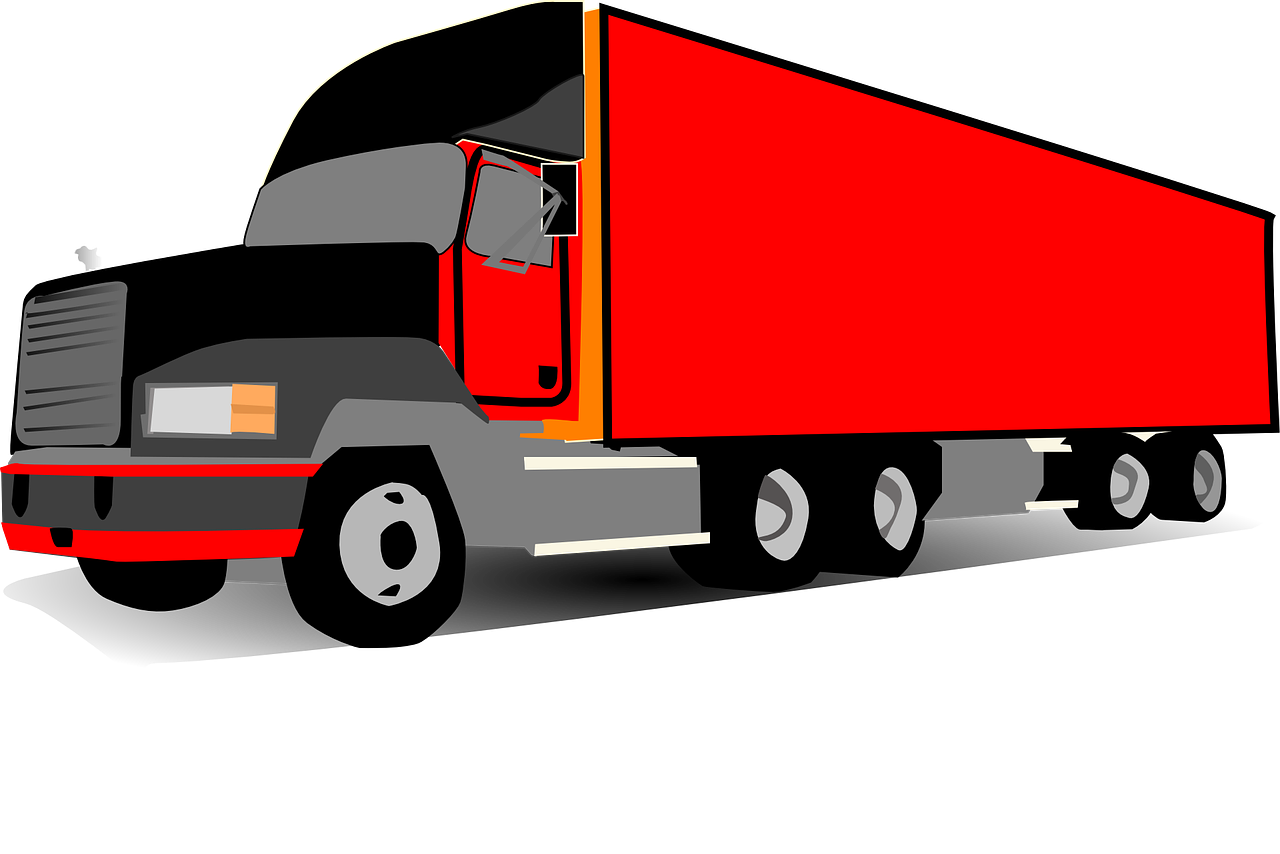
They deliver goods in a truck.They deliver goods in a truck. |
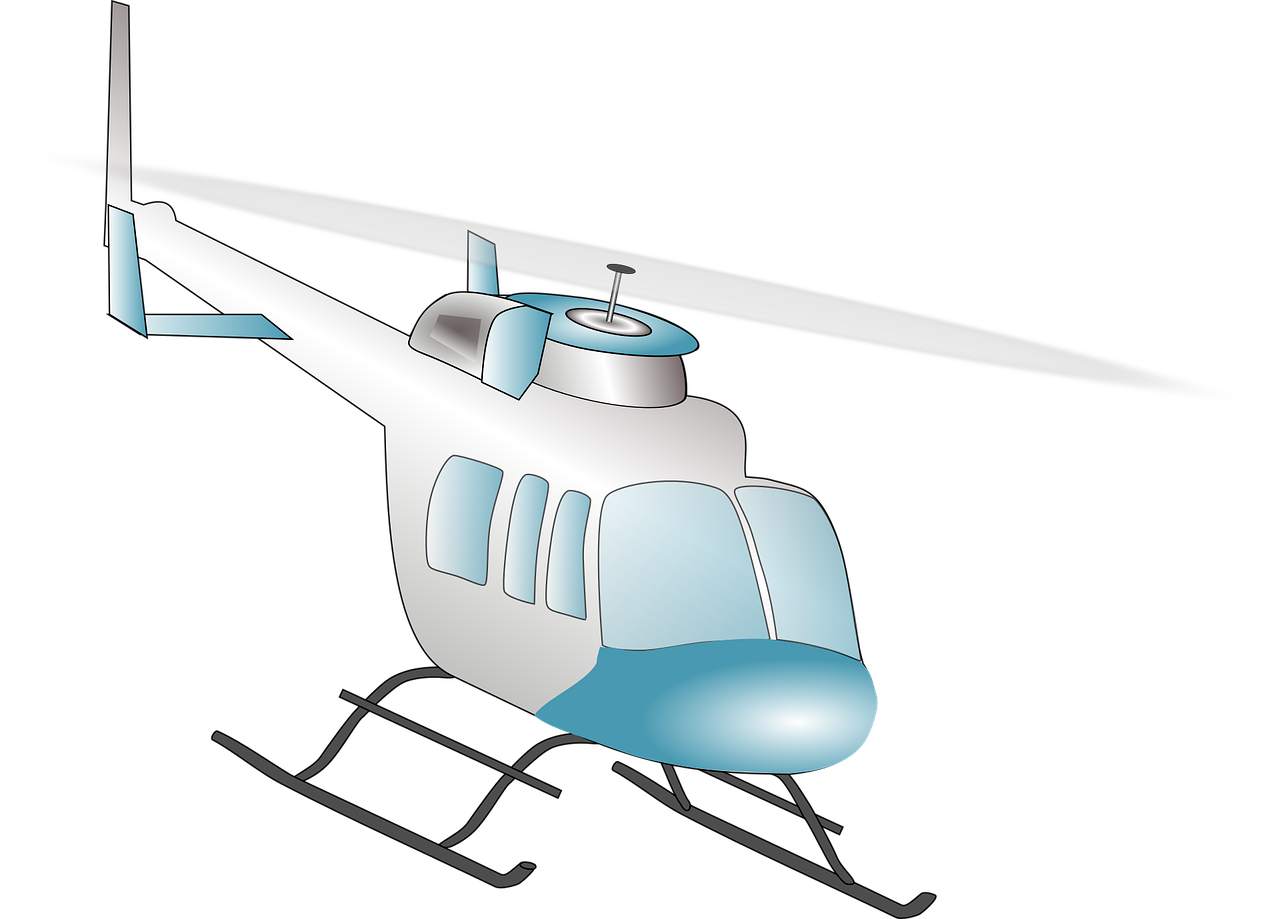
HelicopterHelicopter |
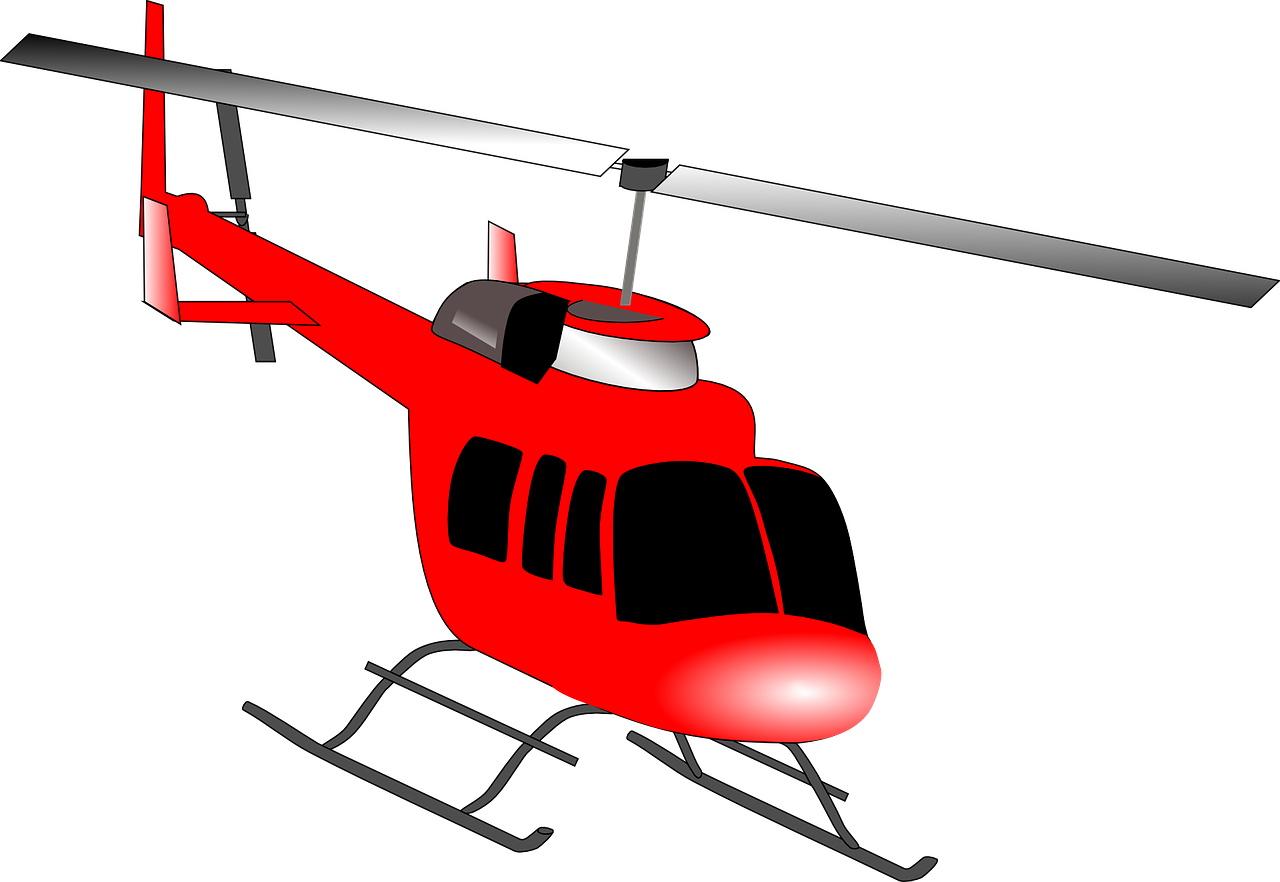
We fly in a helicopter for sightseeing.We fly in a helicopter for sightseeing. |
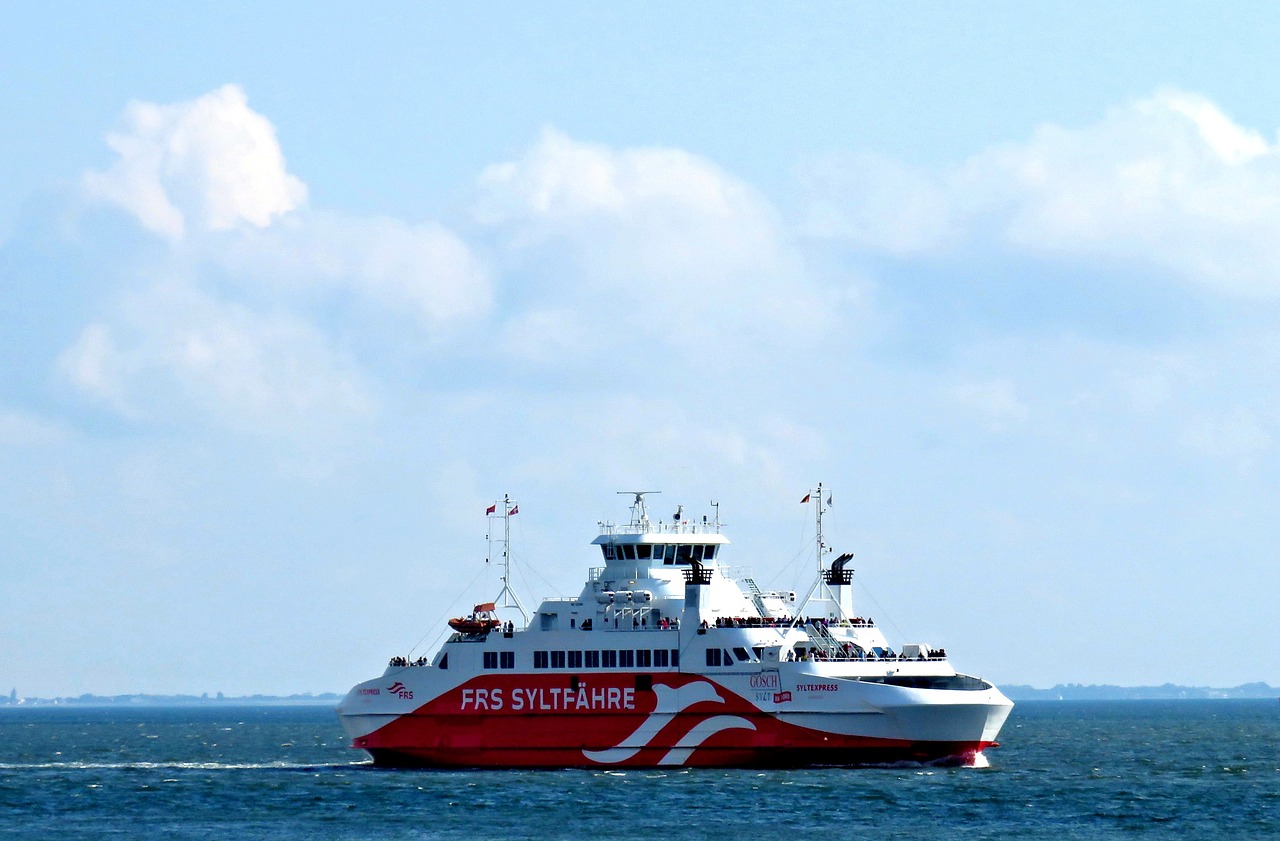
FerryFerry |

She crosses the river on a ferry.She crosses the river on a ferry. |
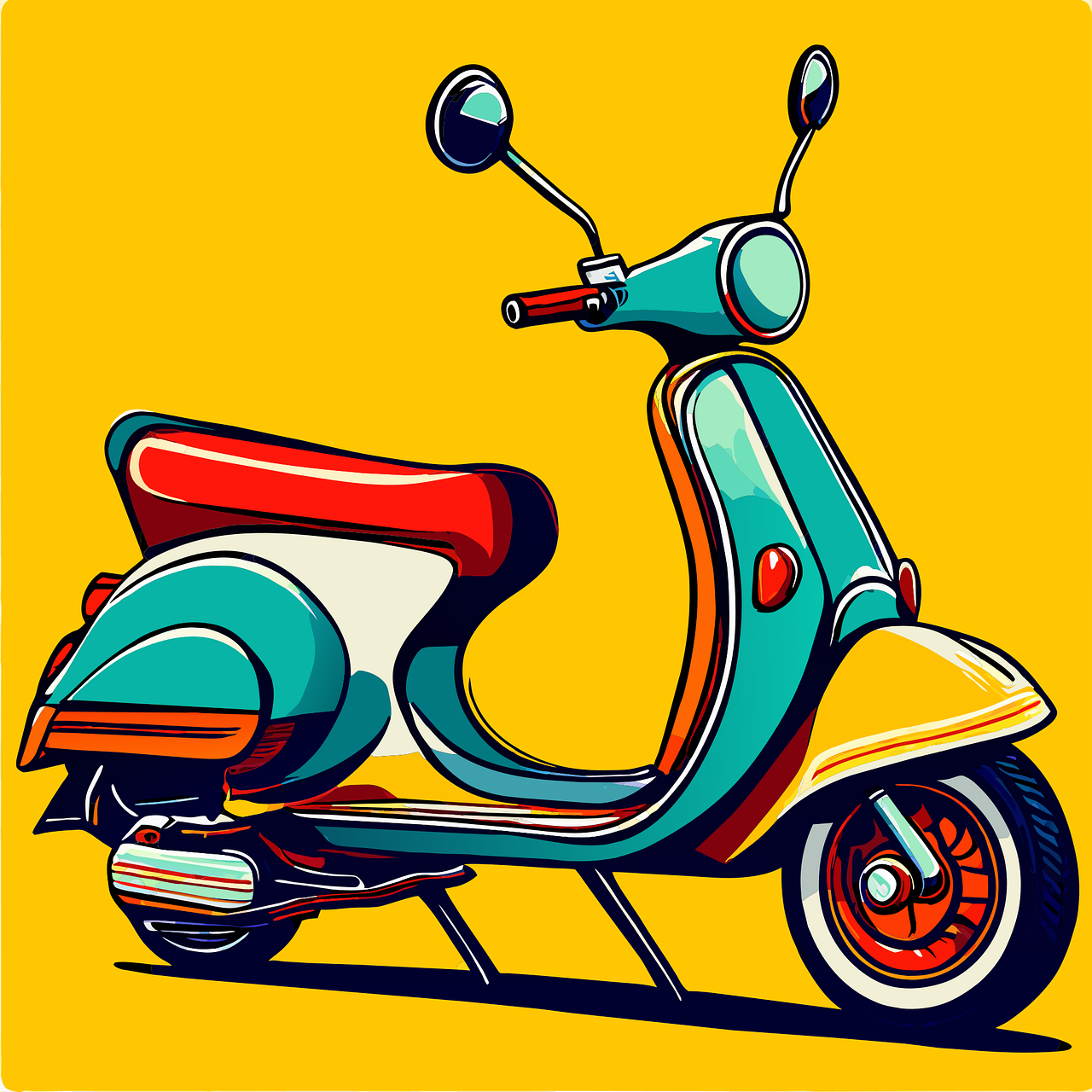
ScooterScooter |
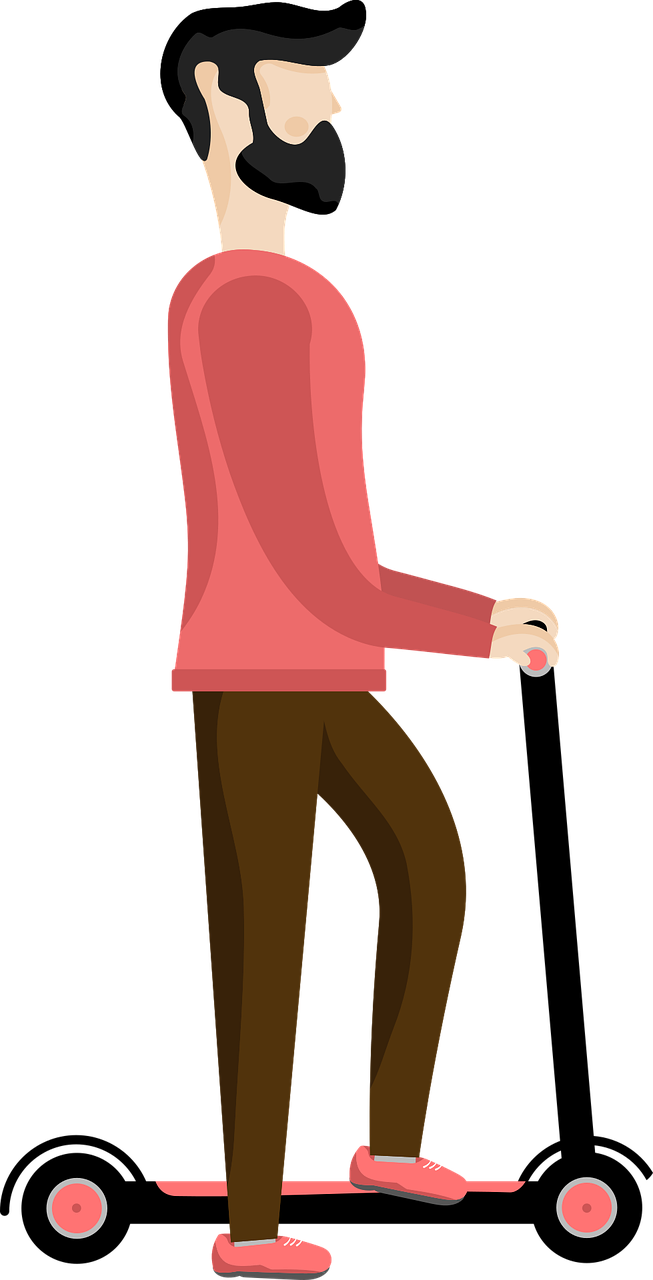
He rides a scooter to the store.He rides a scooter to the store. |
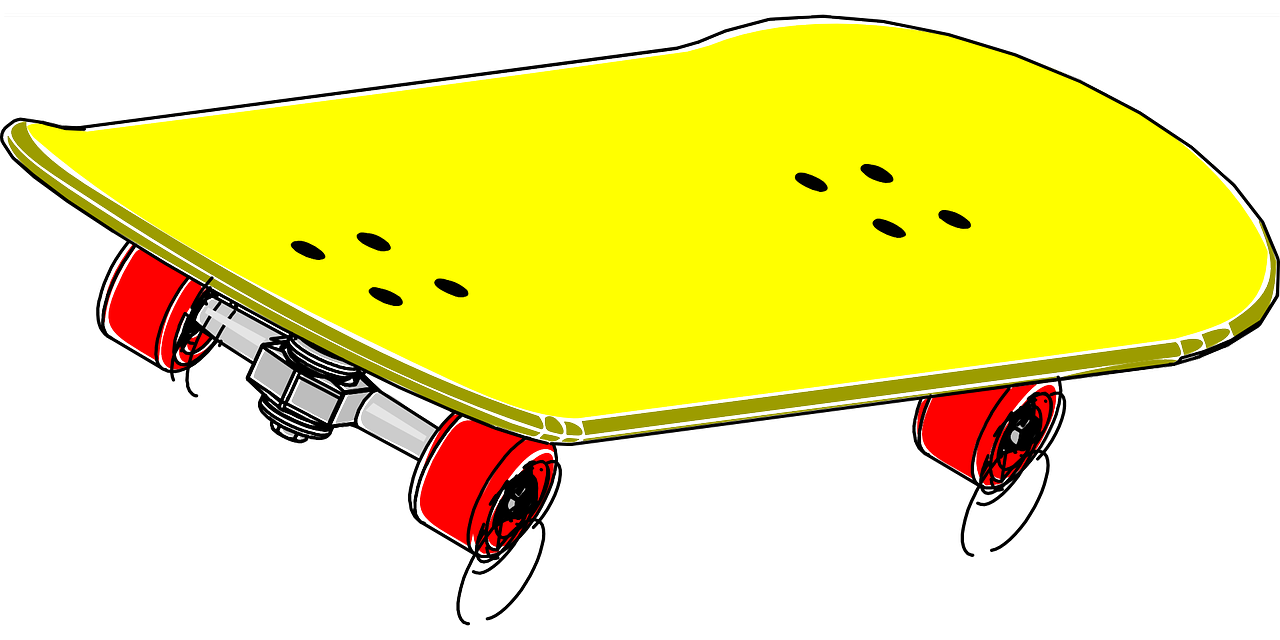
SkateboardSkateboard |
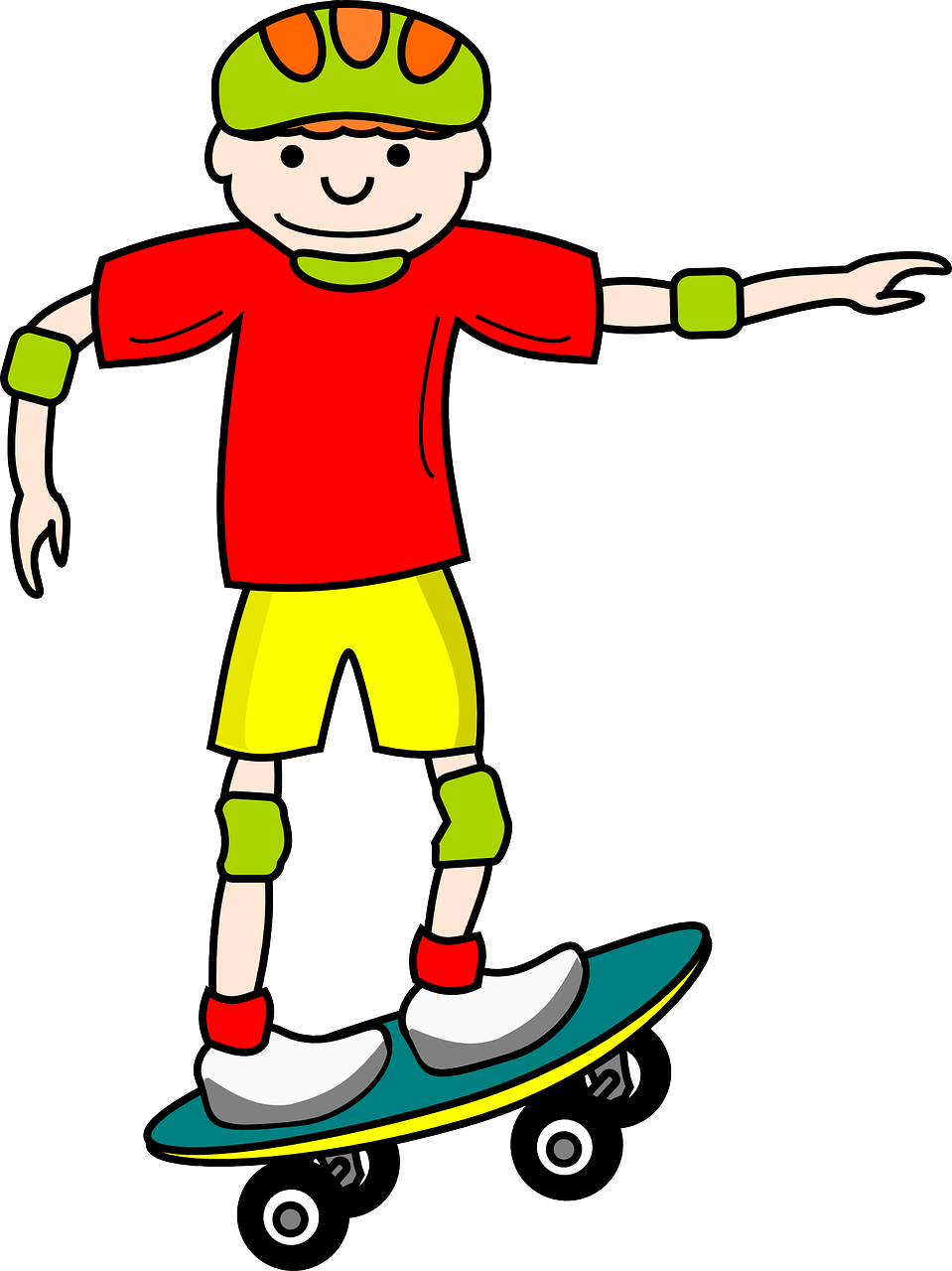
They ride a skateboard at the park.They ride a skateboard at the park. |
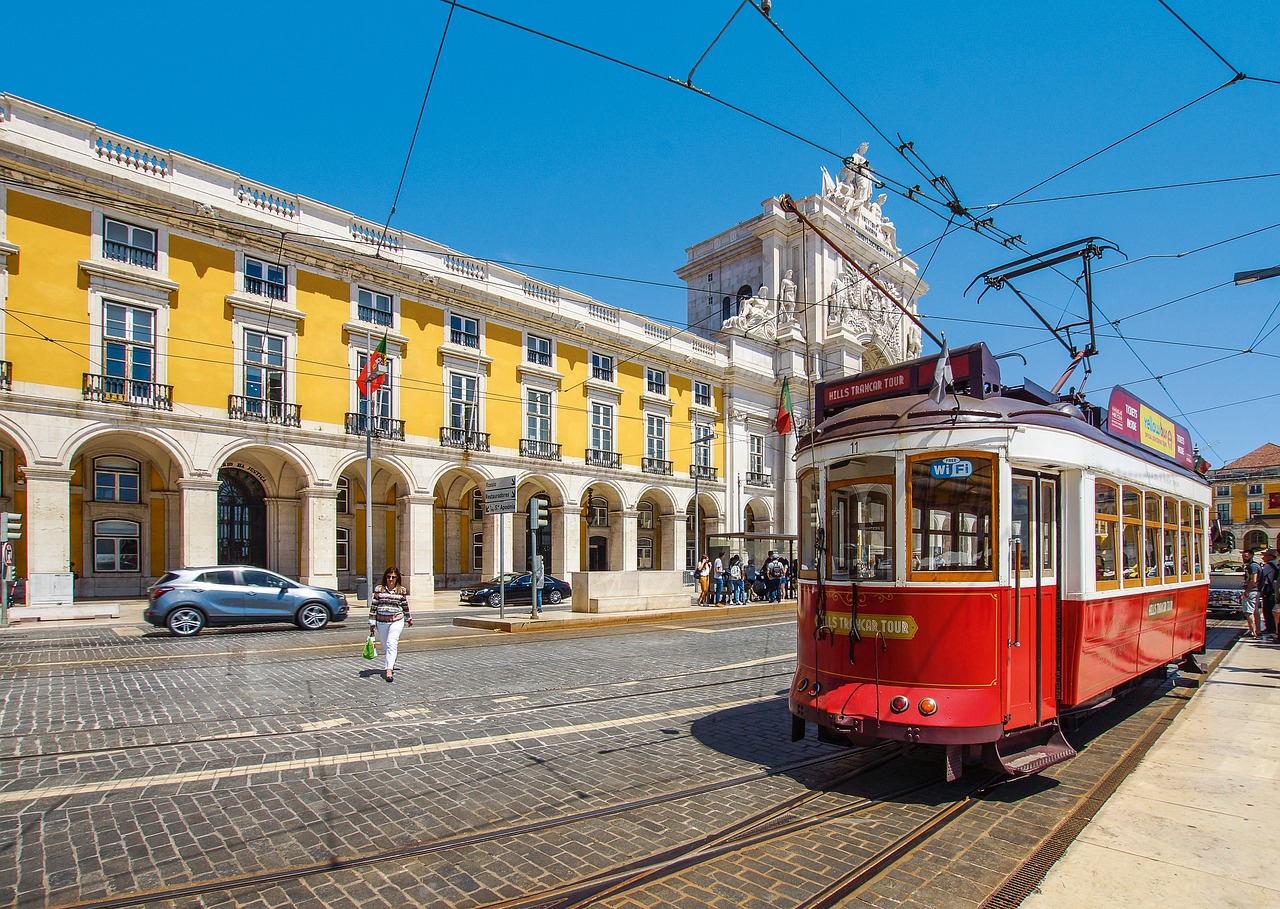
TramTram |

She takes the tram to downtown.She takes the tram to downtown. |

WalkingWalking |

We enjoy walking in the park.We enjoy walking in the park. |
Q&A Section: Question: How do you say "bus" in English?
Answer: Bus.
Question: What transportation method is used for flying?
Answer: Airplane.
Question: What vehicle has two wheels and is powered by pedaling?
Answer: Bicycle.
Question: How do you refer to an underground train system?
Answer: Subway.
Question: What do you call a car that carries passengers for a fare?
Answer: Taxi.
Congratulations! You've learned about various modes of transportation in English.
Practice using these transportation terms in your daily conversations to enhance your English skills.
Keep up the great work on your English learning journey!